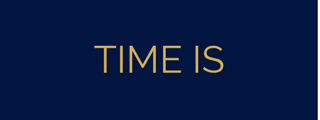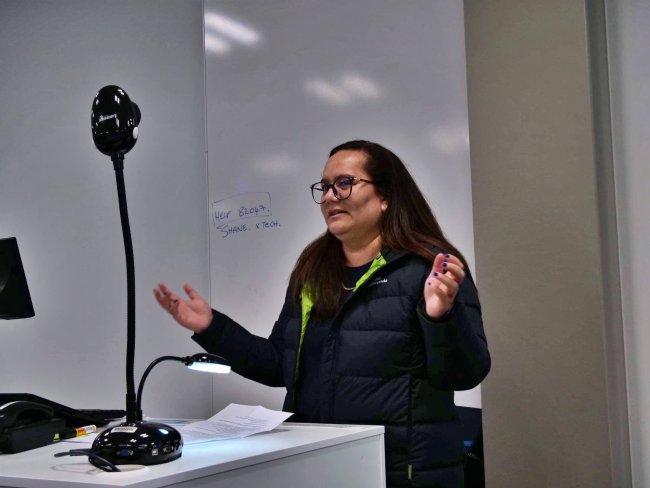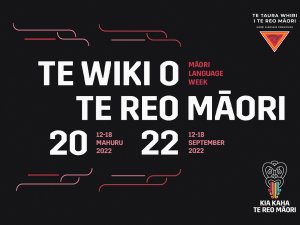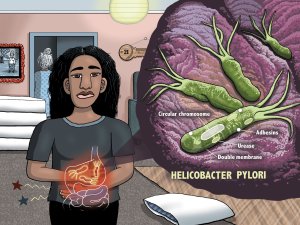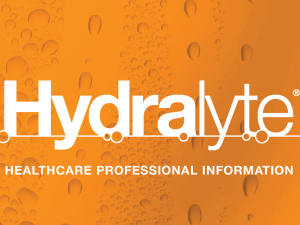Academic pharmacist Nataly Martini provides key information on Helicobacter pylori pathophysiology, diagnosis and evidence-based treatment strategies to enhance patient outcomes
First, check your privilege
First, check your privilege
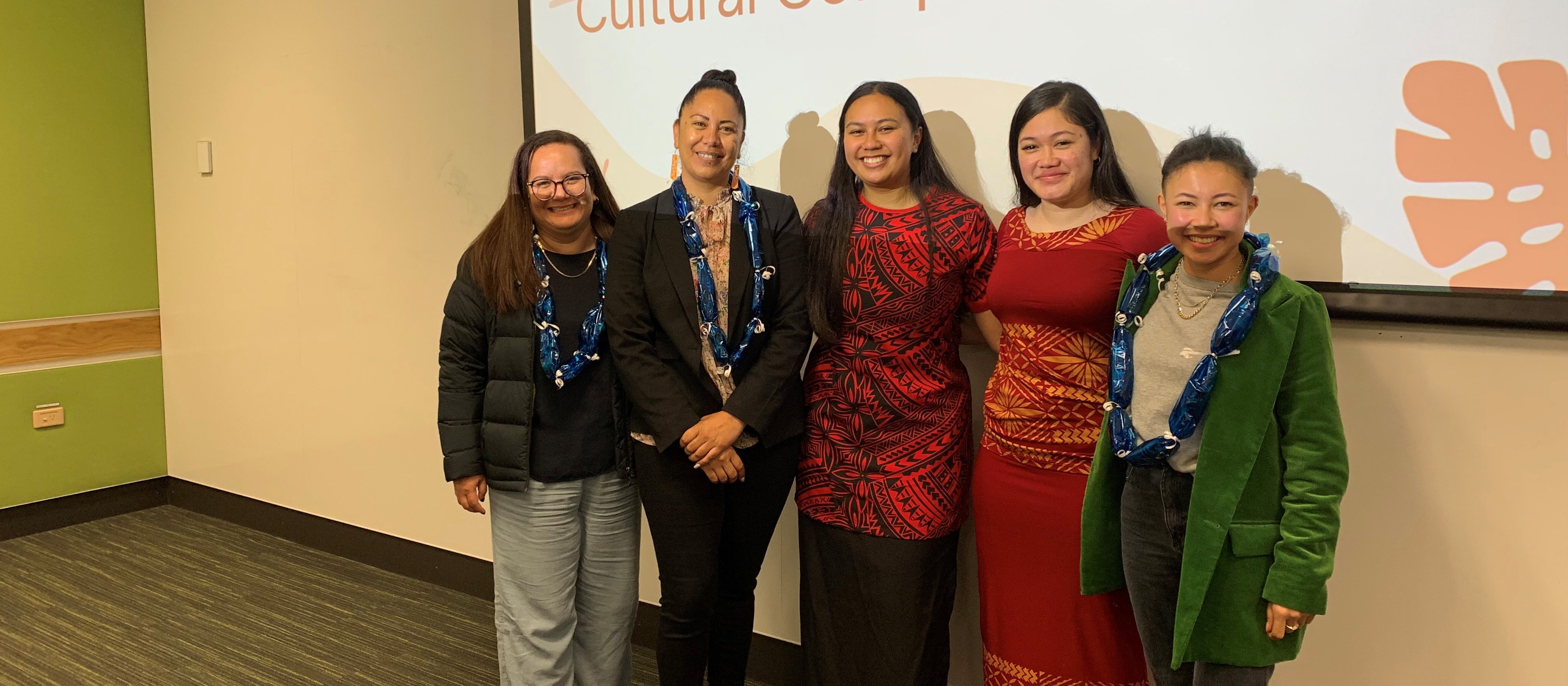
Two Auckland School of Pharmacy students organise a cultural competency night to mark Te Wiki o te Reo Māori
“The best thing you can do is increase your own awareness about yourself... Constantly reflect on your practice – because it works”
Teei Kaiaruna has a message for the young people in front of her – pharmacy students soon to embark on a career as health professionals.
On the matter of cultural competency: “You don’t need to be competent in my culture,” the alumna of the Auckland School of Pharmacy says, speaking at a student-organised seminar and workshop on Monday night.
Teei (Waikato Tainui, Cook Islands) continues: “You need to understand your privilege – the way you approach things is not the same as other people’s.
“Acknowledge your beliefs, values and upbringing – that all impacts on the healthcare you provide your patients...Do your best to provide clinically appropriate care that’s best for them.”
In other words, deal with your own bias. A confronting message but the students looked unfazed, perhaps because Teei seems a friendly sort with a real warmth towards the gathering.
Another thing, says Teei, still pulling no punches, don’t be judgemental. You don’t know the back story of the patient in front of you – their history and background. “You don’t get to judge.”
She reiterates, “The best thing you can do is increase your own awareness about yourself...Constantly reflect on your practice – because it works.”
We’re five minutes into the seminar and Teei has just put it all out there. Whether journalists or pharmacists, we need to understand how our biases may affect others. But we’re only just getting started.
It’s Te Wiki o te Reo Māori this week and to mark the annual occasion, two Auckland pharmacy school students, fourth-year Keisha-Lee Haronga-Fepuleai and third-year Faith Asovale Tanuvasa organised a Cultural Competency Night at the school. There were three speakers: Teei, doctoral student Jess Hutchings and president of Ngā Kaitiaki o te Puna Rongoā (MPA) Mariana Hudson.
Keisha is the MAPAS (Māori and Pacific Admissions Scheme) representative on the Auckland Pharmacy Students Association (APSA), and Faith is APSA’s welfare representative. Together, they led karakia and waiata to get the night started.
Jess Hutchings, whose father is from Niue and mother a Pākehā New Zealander, echoes Teei’s words on the topic of what cultural competency/safety means to her: “Look within ourselves, rather than looking at others... I don’t think I will ever be competent in someone else’s culture.”
Thus again making the case for cultural safety over cultural competence in pharmacy practice.
But before any more talks we break into groups to discuss case studies and more.
Later, Mariana (Whakatōhea, Ngāti Porou) picks up the theme of how to handle perceived cultural bias in other staff members in a pharmacy.
It takes confidence to challenge a member of staff, who might be your employer, by saying, “I don’t agree with the way you looked after that patient,” and confidence isn’t gained overnight.
But Mariana directs students to resources such as The Art of Mindful Inquiry, which is good for one-liners, such as when a colleague starts denigrating a patient. Saying, “What did you mean by that?” is a way of challenging them without whakaiti, or stamping on their mana.
She points students towards the Courageous Conversations programme from the South Pacific Institute, and recommends reading the Waitangi Tribunal Report on Wai 2575 Health Services and Outcomes Inquiry released last year.
Mariana also talks about finding solutions that work for Māori in clinical settings. In the early part of the pandemic, Mariana was a key contact for the COVID-19 response, when numbers for tāngi were heavily restricted. While tikanga had to be adjusted, part of the solution was in enabling whānau to be brought through in groups of 10 from the same bubble to see their tūpāpaku (deceased family member) to say their goodbyes.
Sometimes you need to think not just with your clinical head, but to see and understand the issue from the perspective of others, she says.
We're publishing this article as a FREE READ so it is FREE to read and EASY to share more widely. Please support us and the hard work of our journalists by clicking here and subscribing to our publication and website


